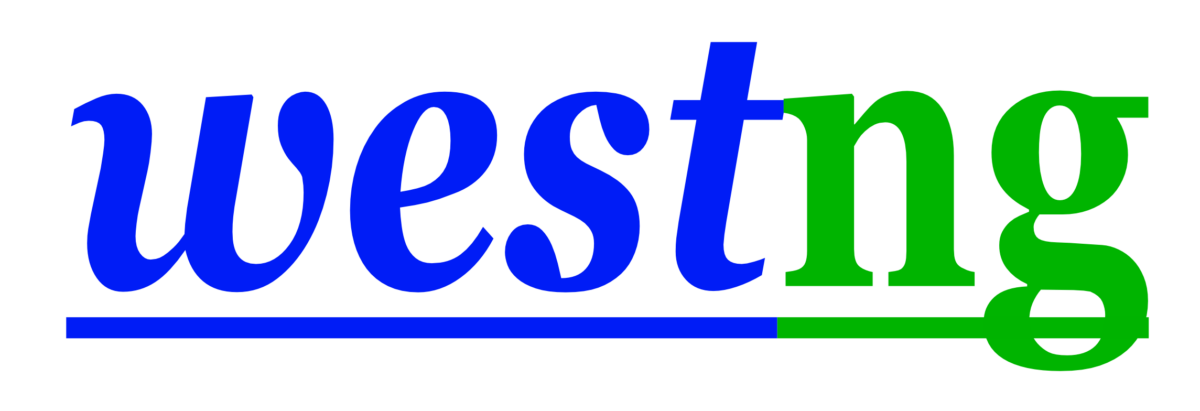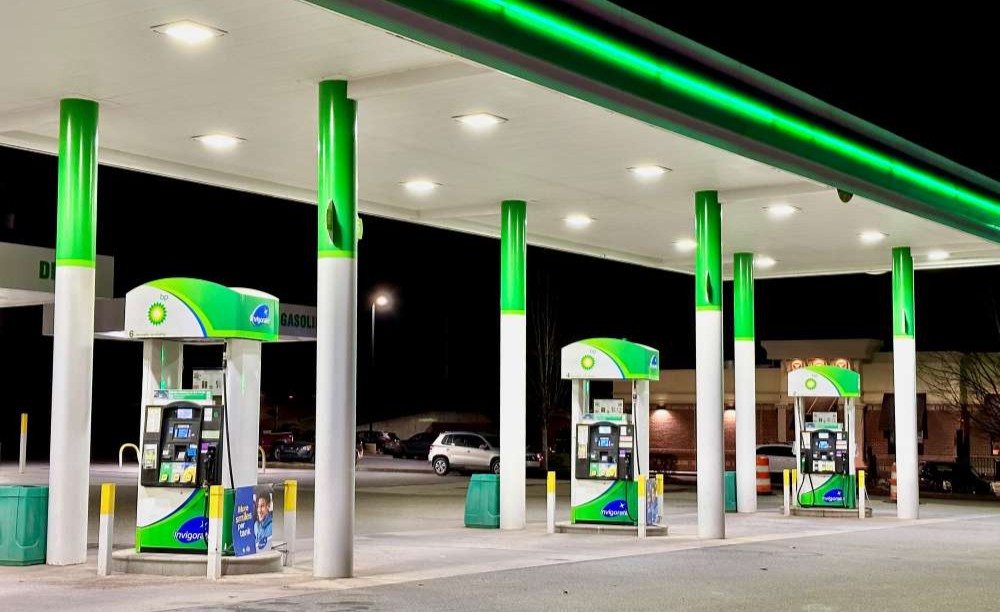President Bola Tinubu has approved the introduction of a 15 percent ad valorem import duty on petrol and diesel imports into Nigeria as part of efforts to protect local refineries and stabilise the downstream petroleum market.
The directive, contained in a letter dated October 21, 2025, and made public on Thursday, was addressed to the Federal Inland Revenue Service (FIRS) and the Nigerian Midstream and Downstream Petroleum Regulatory Authority (NMDPRA). The letter, signed by the president’s private secretary, Damilotun Aderemi, conveyed Tinubu’s approval following a proposal by the FIRS Executive Chairman, Zacch Adedeji.
According to the document, the new tariff is part of a “market-responsive import tariff framework” designed to align import costs with domestic market realities and incentivise local production.
Adedeji, in his memo to the president, explained that the initiative was conceived to boost local refining, ensure price stability, and strengthen the naira-based oil economy in line with the administration’s Renewed Hope Agenda for energy security and fiscal sustainability.
“The core objective of this initiative is to operationalise crude transactions in local currency, strengthen local refining capacity, and ensure a stable, affordable supply of petroleum products across Nigeria,” Adedeji stated.
He warned that the persistent misalignment between locally refined products and import parity pricing had led to market distortions and instability.
“While domestic refining of petrol has begun to increase and diesel sufficiency has been achieved, price instability persists, partly due to the misalignment between local refiners and marketers,” he wrote.
The FIRS boss argued that import parity pricing, often used to determine pump prices, frequently falls below cost-recovery levels for local producers, particularly during periods of foreign exchange volatility and rising freight charges. This, he noted, has put pressure on emerging domestic refineries.
He added that the government’s responsibility was now “twofold – to protect consumers and domestic producers from unfair pricing practices and collusion, while ensuring a level playing field for refiners to recover costs and attract investments.”
The 15 percent import duty, he said, is expected to discourage duty-free imports that undercut local refiners and help create a fairer competitive environment within the downstream sector.
Projections in the FIRS proposal suggest the tariff could increase the landing cost of petrol by about ₦99.72 per litre, nudging import costs closer to local production benchmarks.
“At current CIF levels, this represents an increment of approximately ₦99.72 per litre, which nudges imported landed costs toward local cost-recovery without choking supply or inflating consumer prices beyond sustainable thresholds,” the document stated.
Even with the adjustment, the letter estimated that Lagos pump prices would remain around ₦964.72 per litre ($0.62), still below regional averages such as Senegal ($1.76), Côte d’Ivoire ($1.52), and Ghana ($1.37) per litre.
The move comes amid renewed national efforts to reduce dependence on fuel imports and expand domestic refining capacity. The 650,000 barrels-per-day Dangote Refinery in Lagos has already begun producing diesel and aviation fuel, while modular refineries in Edo, Rivers, and Imo states have started small-scale petrol refining.
Despite these gains, however, petrol imports still account for about 67 percent of Nigeria’s total demand, a gap the new policy seeks to gradually close.


